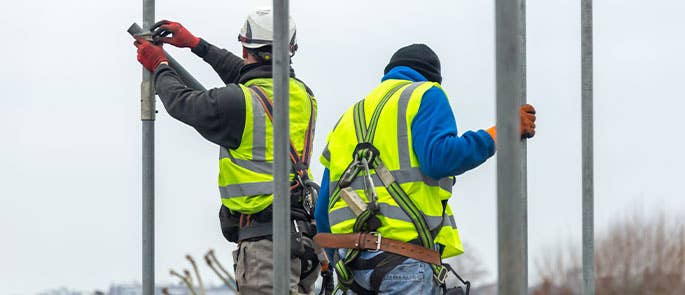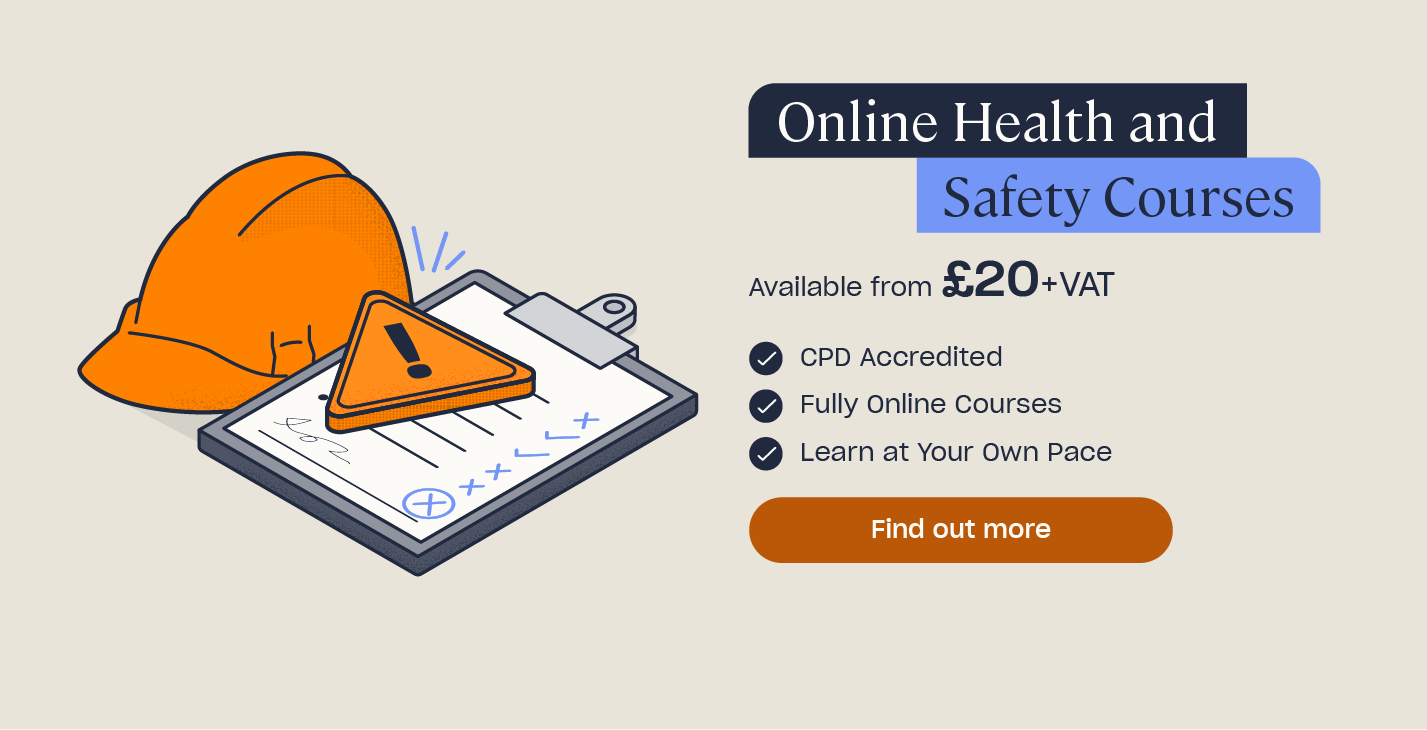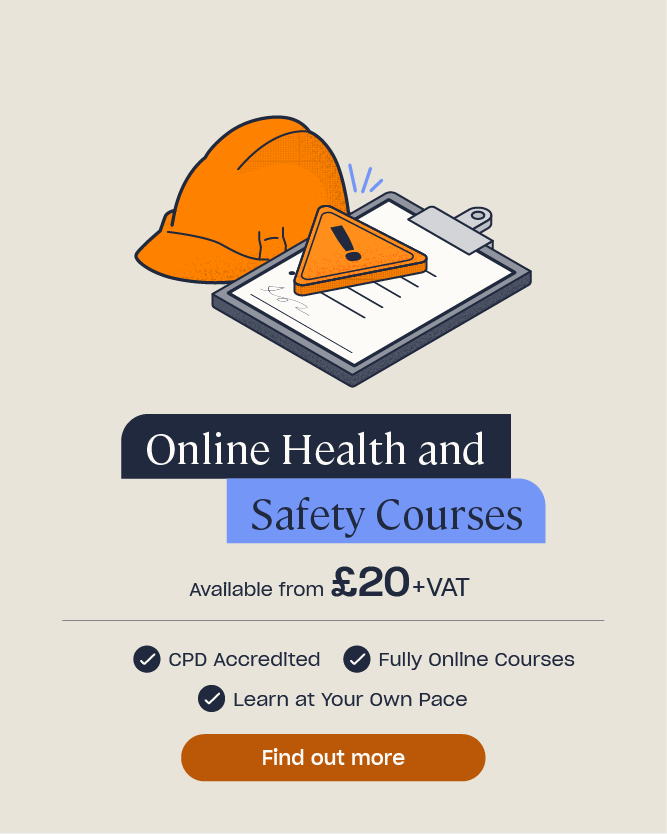How to Become a Scaffolder
In the UK, scaffolding is a profession that’s in high demand, so it can be an elusive career choice if you’re looking to get into the construction trade. Scaffolding is a skilled profession that’s well-paid and highly sought-after by construction firms. If you’re interested in becoming a scaffolder, whether you’re completely new to the industry or are looking for a career change, then this article will help you understand more about what scaffolders do, the skills and qualifications you need to be a scaffolder and how to go about finding a scaffolding job.
What Do Scaffolders Do?
A scaffolder, or scaffolding technician, is someone who erects and dismantles metal scaffolding on buildings and building sites. These structures are temporary and enable other workers to work at height safely during construction or repair work, such as roofers, carpenters, plasterers and builders.
Scaffolders may be required to set up scaffolding, guard rails, access planks and rigs inside or outside a building or structure, and often in all weathers. What’s most important is that scaffolders know how to carry out their work to perfection – scaffolding must be erected according to safety regulations and procedures, and scaffolders play a vital role in ensuring the safety of others in the workplace.
Key tasks a scaffolder does include:
- Erecting metal scaffolding poles.
- Fixing scaffolding onto buildings.
- Setting up platforms, temporary roofs and suspended scaffolding.
- Laying planks and boards to walk on.
- Loading and unloading scaffolding equipment onto/off a vehicle.
- Dismantling scaffolding.
- Fixing guard rails, safety netting and any other safety equipment.
- Ensuring scaffolding structures meet industry standards and safety regulations.
- Inspecting scaffolding structures to ensure they’re safe to use.
- Working as a team to erect/dismantle scaffolding.
- Communicating with clients and other tradespeople.
What Qualifications Do You Need to Be a Scaffolder?
Whilst there are no specific qualifications needed to become a scaffolder, it’s recommended that you look into a college course or apprenticeship to enter this line of work. Depending on how you learn best, you might prefer a full-time course, hands-on experience or a mix of the two.

The qualifications you need to be a scaffolder include:
Scaffolder College Courses
A college course will give you the practical skills and theoretical knowledge needed to become a scaffolder and will ensure you have a certificate and qualification at the end to prove what you know. Examples of relevant college courses are the Level 1 Certificate in Construction Skills, Level 2 Certificate in Construction Operations, Level 2 NVQ in Accessing Operations and Rigging (Construction) – Scaffolding or a Construction Industry Scaffolders Record Scheme (CISRS) course. To take a college level 2 course in scaffolding, you’ll need at least two GCSEs at grades 9 to 3 (A* to D), or equivalent.
Scaffolding Apprenticeships
An apprenticeship is a great way to gain hands-on skills and experience of the scaffolding industry, as it enables you to work on-the-job alongside your studies. Local scaffolding and construction companies often offer apprenticeships to young people, so take a look at what’s on offer at businesses in your area. An example is the Level 2 Scaffolder Apprenticeship, which usually takes two years to complete. To start an apprenticeship, you’re likely to need at least two GCSEs, including English and Maths, or the equivalent.
Scaffolder Work Experience
Taking a weekend job, work experience placement or short-term voluntary role as a scaffolding labourer with an existing construction company is a great way to obtain on-site experience and learn skills from an experienced scaffolder working in the industry. The employer you do work experience for may even be able to offer you an apprenticeship or further training once your work experience period is complete. Doing some scaffolding work experience will help you to get a full-time role and will look attractive to potential employers on your CV.
Scaffolder Health and Safety Awareness Training
To be a scaffolder, you must prioritise safety at all times and understand how to carry out the role whilst following all health and safety procedures, rules and regulations.
High Speed Training has a wide range of health and safety awareness training that’s ideal for both new and experienced scaffolders. All the courses can be completed online, giving you a certificate to put on your CV at the end. Some of the awareness level courses on offer include:
- Working at Height
- Ladder Safety
- Health and Safety Training for Employees
- Manual Handling Awareness
- LOLER Training
You can access our full catalogue of online health and safety training courses here.
Scaffolder Skills
As well as being able to carry out the practical tasks associated with scaffolding, like erecting scaffolding poles, laying planks and attaching guard rails (your scaffolding ‘hard skills’), a good scaffolder also needs to possess a range of interpersonal skills – known as ‘soft skills’ – to be successful.
Examples of scaffolder soft skills are:
- Knowledge of the safety risks posed by scaffolding.
- Ability to work confidently at height.
- An understanding of working at height safety legislation.
- A good level of physical fitness, dexterity and strength.
- Good hand-eye coordination.
- Good attention to detail.
- Ability to think strategically and critically.
- Knowledge of the construction industry as a whole.
- An understanding of fall protection measures.
- Knowledge of Safe Systems of Work.
- Ability to work as a part of a construction team.
- Good verbal communication skills.
- Ability to read technical drawings and plans.

Becoming a Scaffolder
If the role of scaffolder is one you’re interested in but you’re new to the industry, then take a look at the UK government’s apprenticeships near you or courses near you websites to find some initial training. You can then use the find a job service to look for permanent scaffolder roles.
You’ll also need a valid Construction Skills Certification Scheme (CSCS) card if you plan to work as a scaffolder on a construction site. Employers in this area won’t take you on without a valid card, so keep in mind the time and costs associated with obtaining one and factor this into your scaffolder training.
Whilst training or studying to become a scaffolder, it’s also a good idea to spend some time building relationships and networking with people in the scaffolding industry, as this can help to keep you in the loop with current industry knowledge, and alert you to any potential job roles. Networking can be done online (such as on LinkedIn or by joining a trade organisation) or in-person at an industry event or trade show.
If you’re unsure whether scaffolding is the career for you, but you’re still interested in a hands-on trade, then our guide on careers in the construction industry will help you explore other job options that you may be interested in.
Once you’ve worked in the role of scaffolder for a little while and gained some valuable experience, you can then look at career progression and pursue the role of supervisor, project manager, scaffolding consultant or construction manager, for example. A scaffolder new to the role can expect to earn around £20,000 but an experienced scaffolder can easily earn double that.
Scaffolders play an important role in the construction industry. To become a scaffolder, you need to have a good mix of skills alongside a relevant college course, apprenticeship and/or work experience in the industry. Just as importantly, a good scaffolder must have a thorough understanding of safety legislation, as erecting scaffolding must be done with care to ensure the health and safety of other tradespeople who will be working on it.
Further Resources:
- Online Health and Safety Courses
- How to Find the Right Career for Me
- What is Asbestos Awareness Training & Who Needs it?
- How to Become a Construction Worker
- Careers in Construction Industry: Opportunities and Roles











